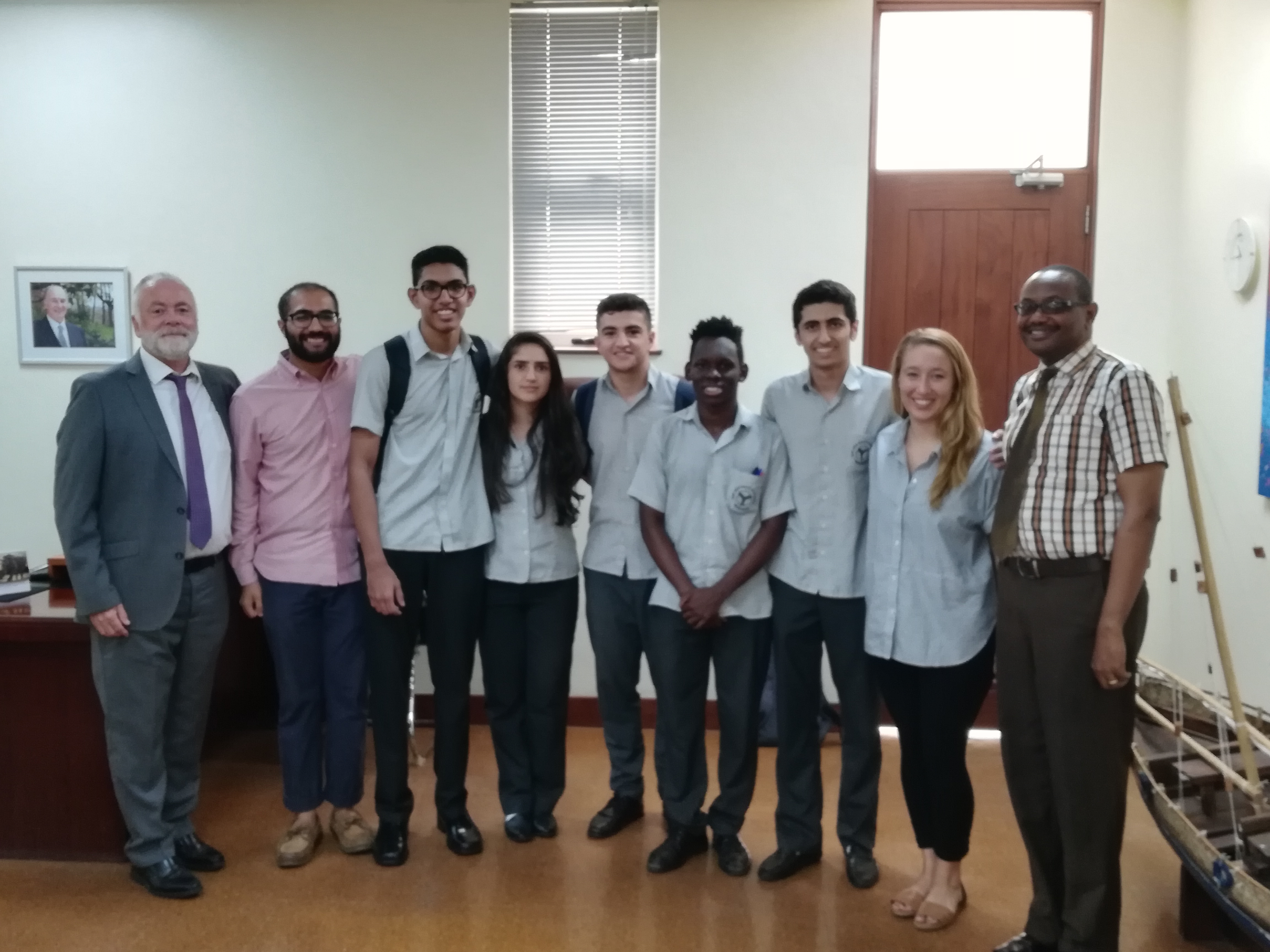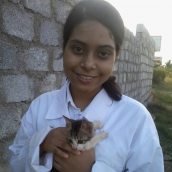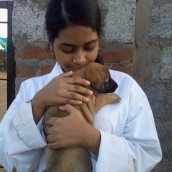Students from Academy defend the Interschools Aquathon title
Five Academy Teachers Visit Lawrenceville School in the USA
Indira Bulhan: Discovering Universal Success
“Physics has been the subject which never failed to fascinate me. It always made me question, understand, explore and enjoy at the same time. However, I am more interested in looking for things which are yet hidden from human intellect. I like doing things which no one has done before. I aspire to become an astronaut someday.”
It is Indira’s belief that her time at the Aga Khan Academy, Hyderabad will play a key role in allowing her to achieve her dreams and further her ambition to explore the mysteries of the universe.
“At the Academy, a school day is not just a normal school day, but an incredible journey. Every day is like a new exploration filled with fun and thrills. I enjoy the entire school day as it is filled with fun, challenges and of course, loving friends and supportive teachers.”Life at the Academy, however, is not simply about gaining a classroom education. For students like Indira, the Academy places great emphasis on learning life lessons through the community service programs that are part of their extracurricular activities. By teaching students the importance of caring about others, the Academy instills a sense of altruism and accountability that will hopefully grow as the students move forward with their lives.
“My favourite extracurricular activity is Caring Hands. [As a group], students go to an organisation where abandoned, ill and stray animals such as dogs, cats, rabbits and birds are kept and taken care of. Being an animal lover, I love going to the place where I can care for the animals and make them happy, even for a little while. Sometimes, language is not required to understand each other and to build a bond and this becomes evident when we go to Caring Hands.”
With her incredible appetite to explore the known and unknown universe, Indira is well on her way to making a remarkable contribution to our society at large, which she hopes will make her father proud.“My role model in life is my dad. He is the one who never gives up hope and never fails to see the beauty of simplicity. He believes in himself and originality [and is] someone who wants to do something different than what others are already doing. He has always been a source of inspiration for me.”
By Uzma Rajan
Newsletter readers please click here to return to the newsletter (browser version)
Summer Exhibition 2019-20!
On 30 September, 40 Diploma Programme 2 students presented the internships or summer programme they participated in during the summer. Members of the Academies Unit, along with the Head of Academy, attended the exhibition to learn more about what the students took part in this past summer.
View photos from the fair!
Year One Open House 2018
Every year the Academy invites KG3 parents and their children to the Year 1 Open House. This gives an opportunity for the Junior School students to showcase their talents and leadership, prospective parents an opportunity to find out more about the programmes at the school and for KG3 students to interact with the Academy’s Year1 students in a meaningful way.
Africa Day on 25 May
AKA Maputo will be celebrating Africa Day on Tuesday, 25 May 2021. All students are requested to come in their African attire for this day.
Spirit Week
From 2-6 September 2024, Senior School students will be celebrating "Spirit Week". For more information, please check Managebac.
Int'l Day of Women & Girls in Science - 11th February 2019
We celebrate our alumni, Alisha Sonawalla & Sarah Keshvani, through spotlights profiling their accomplishments in science & tech.




